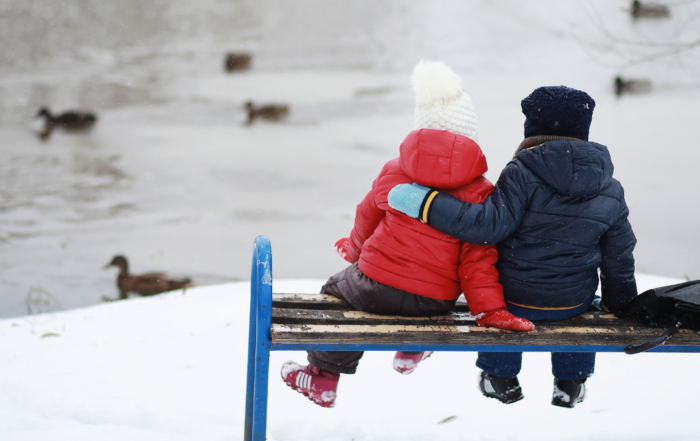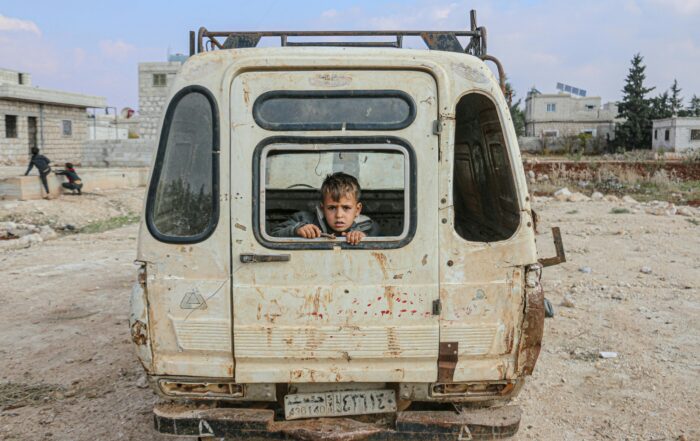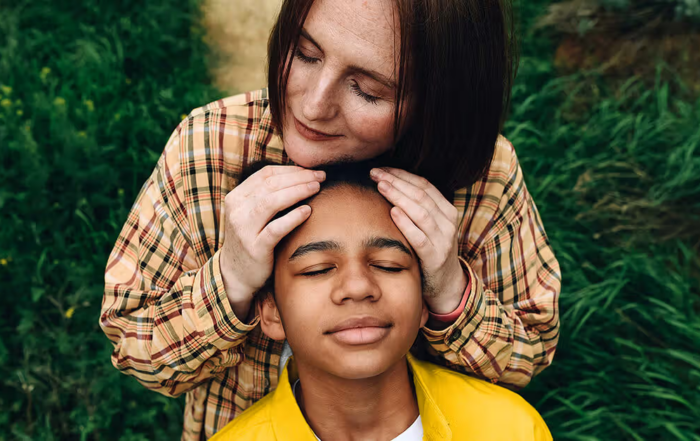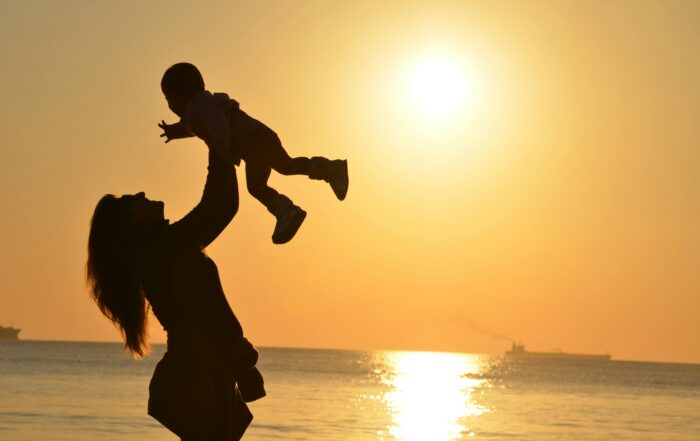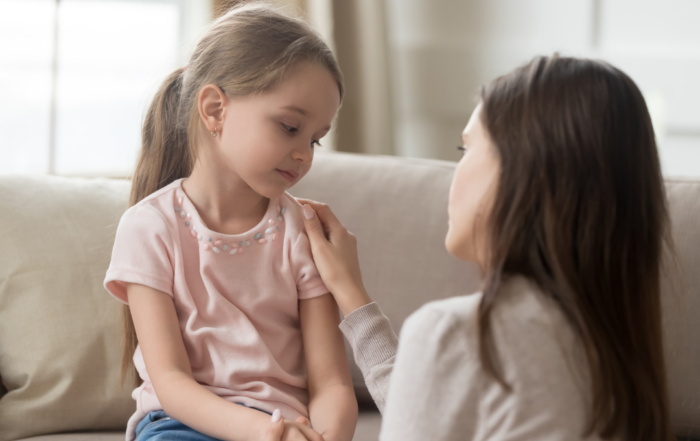By Leonard Holmes
Studies have demonstrated over and over that childhood abuse and neglect results in permanent changes to the developing human brain. These changes in brain structure appear to be significant enough to potentially cause psychological and emotional problems in adulthood, such as psychological disorders and/or substance abuse.
MRI
Dr. Martin Teicher and his colleagues at McLean Hospital, Harvard Medical School and Northeastern University, used magnetic resonance imaging (MRI) technology to identify measured changes in brain structure among young adults who had experienced childhood abuse or neglect. There were clear differences in nine brain regions between those who had suffered childhood trauma and those who had not.
Share This Post!
Supporting Children and Teens During the Holiday Season
Provided by The National Child Traumatic Stress Network This fact sheet provides tips that parents can use to talk to their children and teens about how they are feeling and changes [...]
How a History of Trauma is Affecting the Children of Gaza
By Rhitu Chatterjee, NPR Researchers say the cumulative trauma of chronic ethnic-political violence has a profound and lasting impact on children's mental health and development, affecting their functioning and outlook on [...]
Helping Children Cope After a Traumatic Event
Provided by the Child Mind Institute In the wake of a traumatic event, your comfort, support and reassurance can make children feel safe, help them manage their fears, guide them through [...]
Mental Health Resources for Caregivers
Provided by Mental Health America Caregiving can often have a significant impact on the life of the caregiver in more ways than one. It can make maintaining your physical and mental [...]
Post-Traumatic Growth
Psychology Today Post-Traumatic Growth is the positive psychological change that some individuals experience after a life crisis or traumatic event. Post-traumatic growth doesn’t deny deep distress, but rather posits that adversity can [...]
Talking to Children About War
Provided by the National Child Traumatic Stress Network The recent tragic events in Israel has impacted many directly who have experienced a personal loss or by witnessing this type of violence [...]


